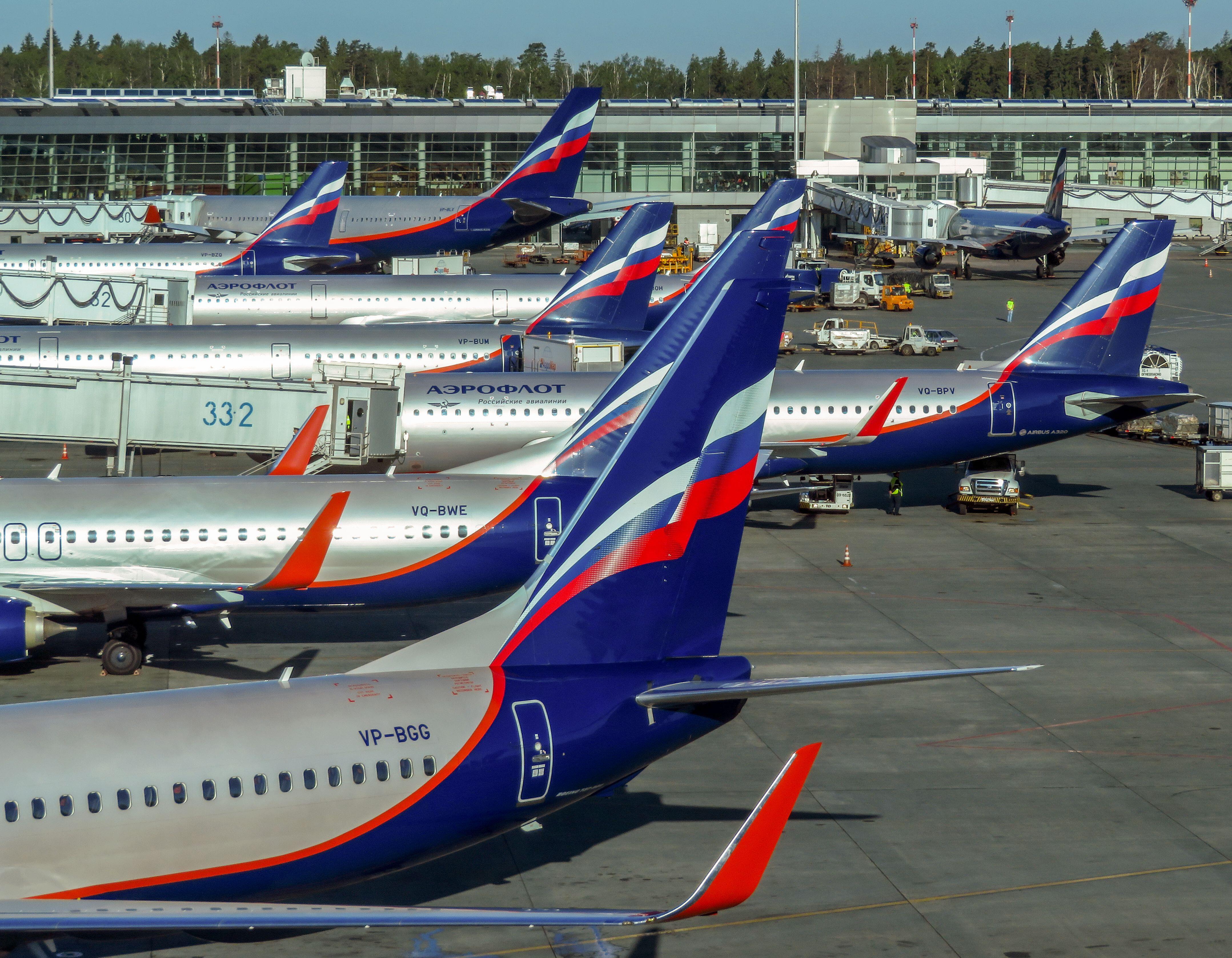Russian Authorities Try To Keep Commercial Fleet Amid Sanctions

Credit: Veniamin Kraskov / Alamy Stock Photo
Russian authorities are taking urgent measures to retain air connectivity at least within the country in the face of mounting EU sanctions. On March 5, federal air transport agency Rosaviatsiya recommended that local carriers with aircraft leased from foreign lessors and registered abroad suspend...
Subscription Required
This content requires a subscription to one of the Aviation Week Intelligence Network (AWIN) bundles.
Schedule a demo today to find out how you can access this content and similar content related to your area of the global aviation industry.
Already an AWIN subscriber? Login
Did you know? Aviation Week has won top honors multiple times in the Jesse H. Neal National Business Journalism Awards, the business-to-business media equivalent of the Pulitzer Prizes.
